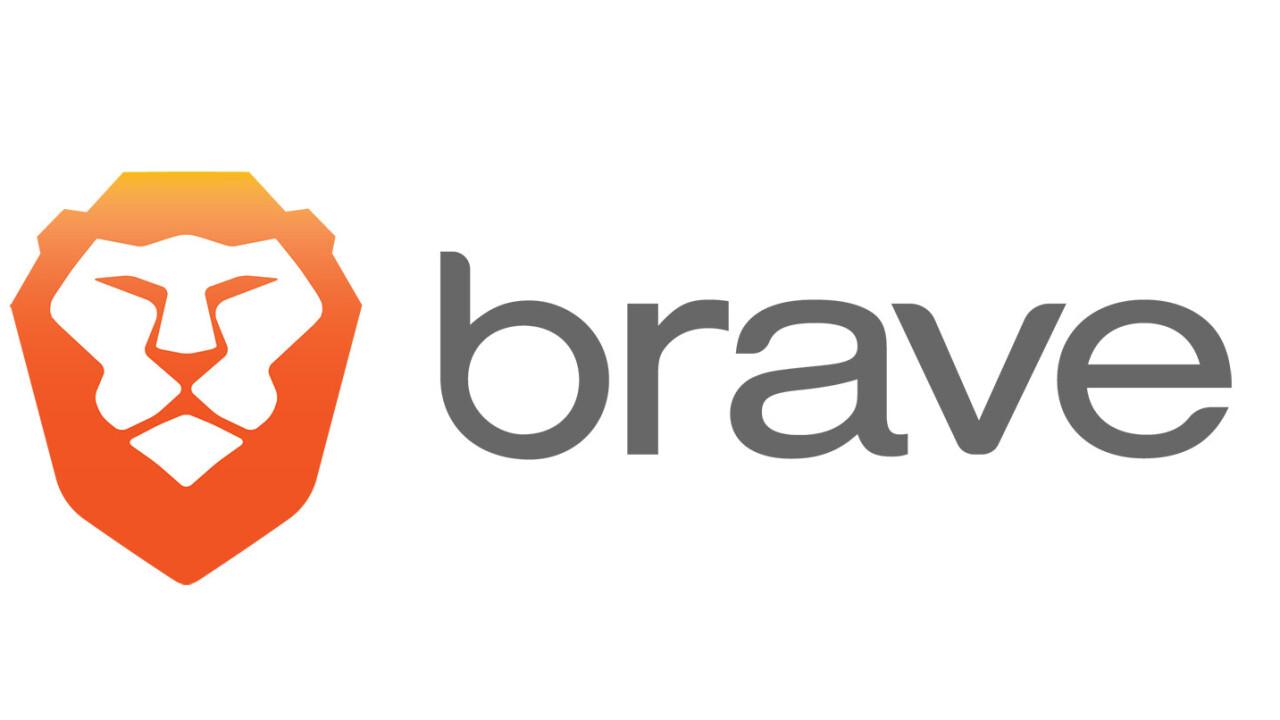
‘Brave‘ a new browser with a unique take on the ad-blocking problem launched in public beta today.
Co-Founded by former Mozilla CEO, Brendan Eich, the browser encourages users to reward their favorite sites by making small deposits and anonymously sending Bitcoin-based tips to publishers, a solution that could provide middle ground on both sides of the ad-blocking debate. The debate hinges on two key points — revenue and user experience.
Publishers rely on ad impressions in order to pay server costs, employees and to fund good journalism. Web users want fast-loading sites, uninterrupted viewing experiences and advertising that’s less over-the-top than what a good chunk of sites are offering.
Both sides have valid arguments. Over a long enough timeline, however, everyone loses.
Browsing the Web ad-free obviously offers a much better experience, but it’s also shuttering your favorite websites en masse, or forcing them to change direction to facilitate cheap clicks due to an inability to pay journalists.
It’s really a no-win situation. Brave thinks it can help.

To activate ‘Brave Payments,’ users create a ‘Brave Wallet’ and fund it with an existing Bitcoin wallet or create a new one with Coinbase. Each payment is sent anonymously and only to sites a user marks as favorites. Users also have full control over the size of individual micropayments, giving them the ability to avoid “overspending” on a single site.
The code used to support these payments is open source, which allows it to be verified and audited, according to company representatives. Combined with Anonize — a system that helps disassociate pageviews from payments for increased privacy — the entire thing remains completely anonymous.
Brave, if successful, could provide a solid middle ground that eases some of the pain of lost revenue, while providing users with the browsing experience they’re looking for. I question, though, whether the change in consumer behavior in addition to adding the complexity of Bitcoin is a viable solution. Bitcoin is still new and scary for a lot of users, and I’m not sure this works without funding methods — in browser — from a bank, credit card, or PayPal.
It’s a double-edged sword though. If you opt for more convenient payment options, you lose all aspects of anonymity.
Brave is currently available for desktop (OS X, Windows, Linux) and mobile (iOS and Android). As with all beta software though, there are bugs, and Brave is certainly no exception. A brief test run on OS X saw several crashes and a rather buggy payment system that froze when I attempted to deposit funds.
Again though, it’s in beta. These problems should be remedied in later releases.
Get the TNW newsletter
Get the most important tech news in your inbox each week.




